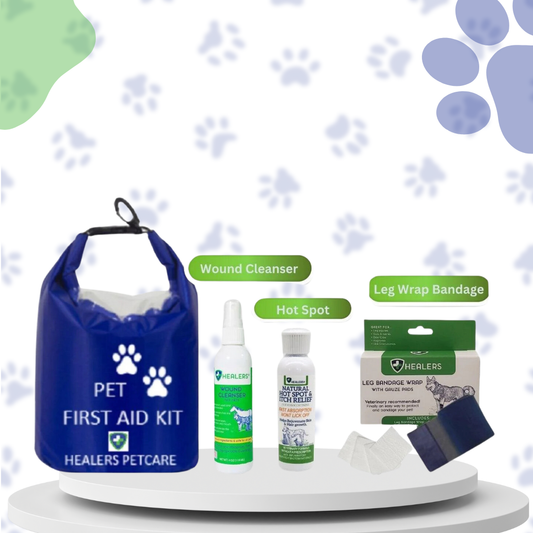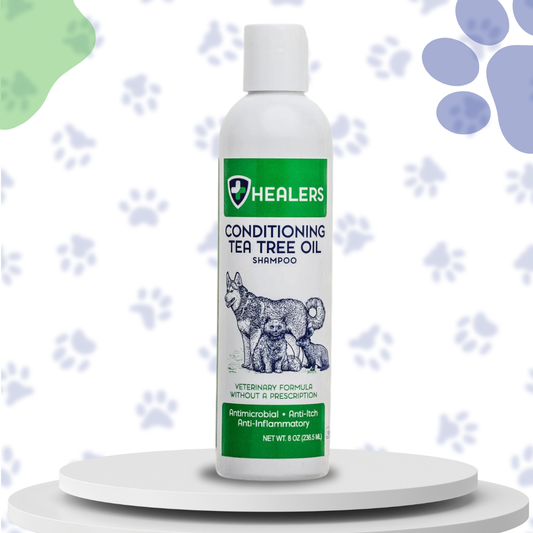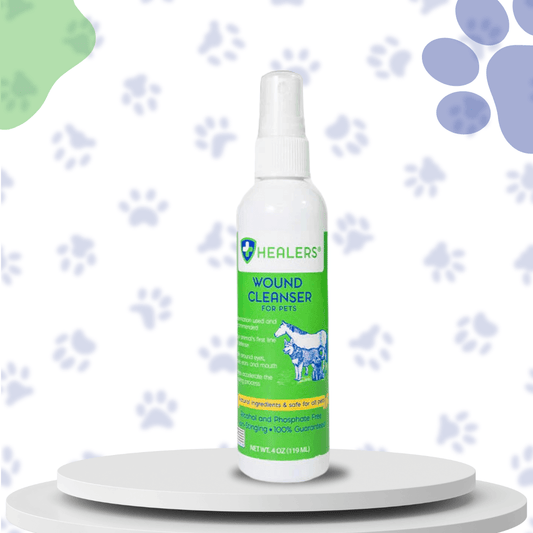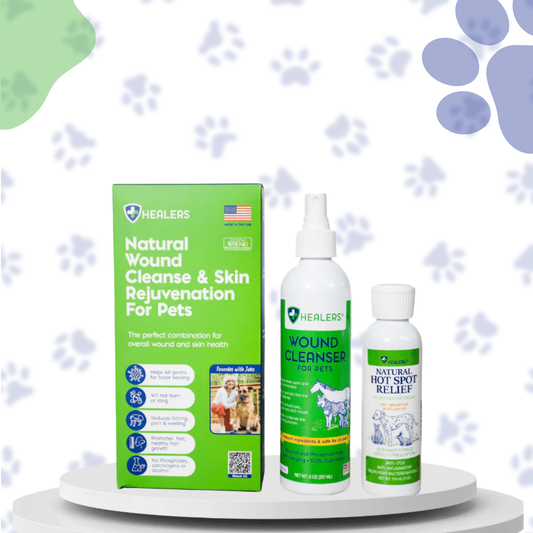Dog Vitamins and Supplements: A Complete Guide
Dog Vitamins and Supplements: A Complete Guide
By Guest Blogger: Howie Robleza
Keeping our furry friends at the peak of health is at the top of every dog owner’s list of priorities,
but, what about giving dogs vitamins and supplements? We as humans know how important it is to take a multivitamin occasionally, especially in the winter when Vitamin D is scarce and common colds are running rife, but should we be packing vitamins in our dog’s food? Is it even necessary?
The global market for pet supplements is booming and valued at around 1.47 billion dollars as of 2020, so clearly, more and more people have a vested interest in supplements for their dogs. But, do you know what supplements are the best for your dog? Did you know that overloading your dog with vitamins and supplements could be toxic?
Don’t panic! We’re here to help! We’ve compiled a complete guide to vitamins and supplements for your dog so you can make the most informed decisions regarding your dog’s health.

Are vitamins and supplements necessary?
The jury is still out on this one, even for humans! But, to decide on whether vitamins and supplements are even necessary, we need to take a closer look at your dog’s diet and health. Vets and the FDA agree that dogs who eat processed dog food receive the appropriate balance of vitamins and minerals from their food alone; the only exception is dogs who eat homemade dog food.
Dogs who eat homemade food may need extra vitamins and supplements as their intake may not be as regulated as commercially available dog food.
So, it’s probably a good idea to get some advice from your vet and see if your dog could benefit from a little supplement here or there.
What vitamins and supplements are beneficial?
Processed food isn’t perfect, and like humans, dogs may eventually need a helping hand in their diets. For example, the local Portland Vets say that older dogs are likely to develop arthritis which causes decreased mobility and painful joints. Controlling a dog’s diet with arthritis is essential as reduced mobility is likely to result in obesity, which can exacerbate your dog’s pain.
So, how can you make sure you’re supporting your dog’s diet whilst controlling it? Well, here are some valuable vitamins that are beneficial to your dog:
-
Glucosamine - Glucosamine is a super important amino sugar for those with arthritis, as it is a critical factor in maintaining healthy joints and repairing damaged cartilage. Around 20% of dogs will develop osteoarthritis in their life, so preventative measures are recommended.
Fish Oil - We always hear about fish oils and omega-3s being good for our health, but for dogs, fish oil contains anti-inflammatory ingredients that could keep the risk of scary illnesses like heart disease, cancer and kidney problems! In fact,
-
Vitamin C and E - Vitamin C and E are antioxidants and are shown to help support your dog’s neurological function and even preserve their memory! Who knew dogs could lose their memory? No one wants their pup to forget who they are, so adding these to your dog’s diet is a great idea!
- L-theanine - is the main ingredient in most calming supplements for dogs and can be used for a variety of anxious conditions - though there are also lots of non-medicinal treatments you can try first if your dog is anxious.
If you need an all-in-one multivitamin selection that supports your dog’s digestive system, skin and coat, and keeps their hips and joints healthy and pain-free, then check out Healers Pet Care for an all-you-need bundle for your best friend! You can even check out our blog explaining all the benefits of Healers Pet Care vitamins!

Not only do these supplements support your dog’s system with a couple of easy pills, but they also taste great too! Say goodbye to hiding pills in treats and chicken pieces.
Are vitamins and supplements safe?
The answer is a little more complicated than just “yes” or “no”. Again, it depends on your dog’s current diet. Like we mentioned a little while ago, your dog should already be receiving the appropriate amount of vitamins and minerals from processed dog food, so loading them up on vitamins and supplements whilst feeding them such a diet can be pretty dangerous.
It’s likely your dog will experience some gastrointestinal issues or sometimes even vascular or skeletal problems if they are given a toxic amount of vitamins or supplements.
To make sure you are making the safest decision for you and your pet, always consult your vet before supplying your dog with any supplements, as they will be able to advise you on the safest dosage and if they actually need it.

Photo by Ayla Verschueren on Unsplash
When to not give your dog vitamins and supplements?
Knowing when not to give your dog vitamins and supplements is as important as providing them when needed. Giving a dog any kind of therapeutic treatment when unregulated or unnecessary can lead to potentially serious complications with your dog’s system. So, here is a list of scenarios where your dog should not receive any supplementary vitamins:
- Already receiving processed dog food or on a specially prescribed diet from the vet.
- No veterinary advice has been given, and the vet is unaware of any health issues.
- The dog has not been diagnosed with any deficiency or illness resulting from poor nutrition.
- Your dog starts showing signs of illness like loss of appetite, lethargy, and vomiting following being given vitamin or supplement.
So there you have it! Your complete guide to dog vitamins and supplements. Remember to always inform your vet of any changes to your dog’s lifestyle and make sure you do thorough research into any brand of vitamins because, after all, your pup deserves the best!





